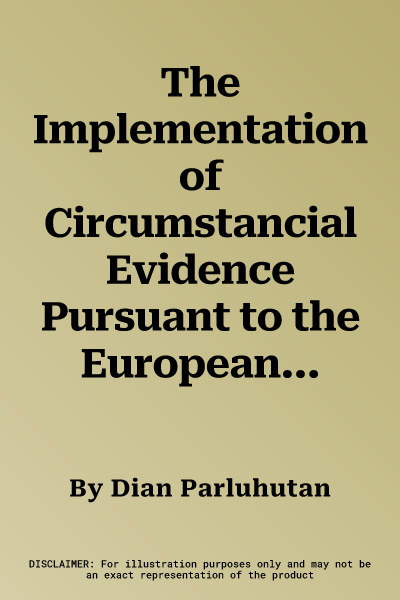Dian Parluhutan
(Author)The Implementation of Circumstancial Evidence Pursuant to the European Union Competition Law, the German Cartel Law and the Indonesian Competition LawPaperback, 20 November 2019

Qty
1
Turbo
Ships in 2 - 3 days
Only 4 left
Free Delivery
Cash on Delivery
15 Days
Free Returns
Secure Checkout

Print Length
336 pages
Language
English
Publisher
Tectum Verlag
Date Published
20 Nov 2019
ISBN-10
3828841279
ISBN-13
9783828841277
Description
Product Details
Author:
Book Format:
Paperback
Country of Origin:
GB
Date Published:
20 November 2019
Dimensions:
20.83 x
14.73 x
2.79 cm
ISBN-10:
3828841279
ISBN-13:
9783828841277
Language:
English
Location:
Baden-Baden
Pages:
336
Publisher:
Weight:
498.95 gm